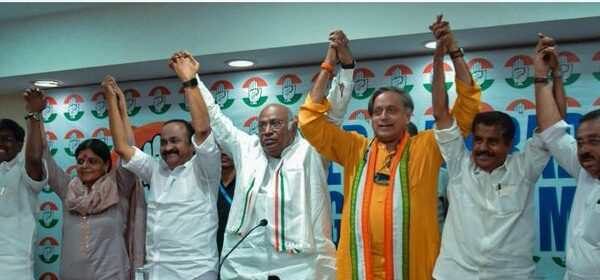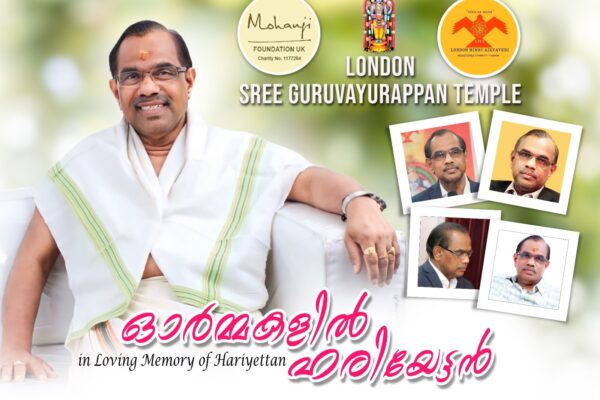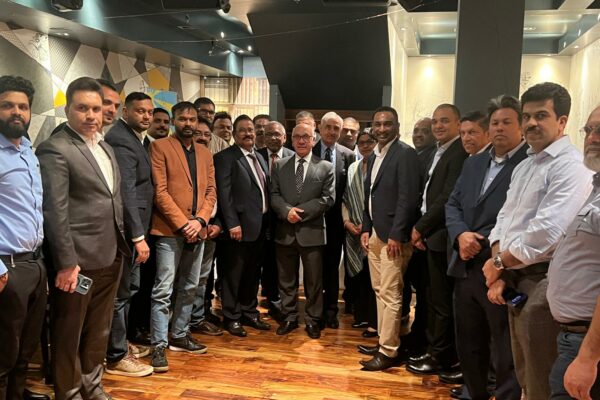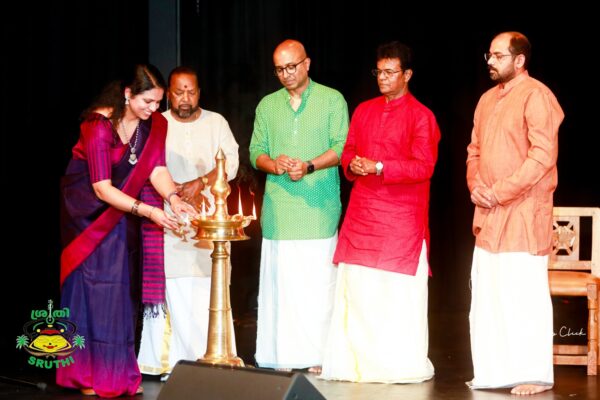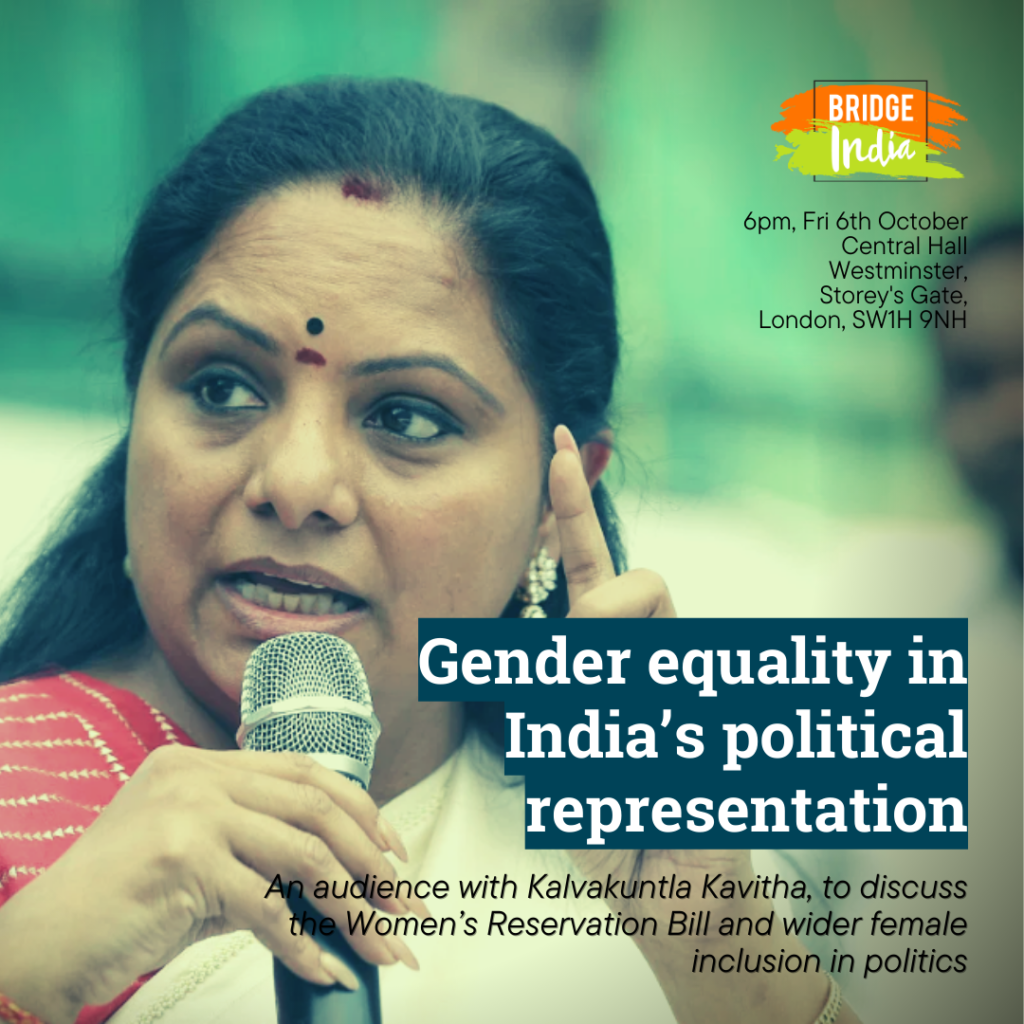
In a historic move, India’s Women’s Reservation Bill has received the President’s assent, ushering in a new era of gender inclusivity in Indian politics. The bill mandates a 33 percent reservation for women in the lower house of Parliament, the Lok Sabha, and state assemblies.
Despite strides made in recent years, women currently occupy only 15% of seats in the lower house and 12% in the Rajya Sabha, according to Reuters. A 2015 report by the Ministry of Women and Child Development highlighted the dismal representation of women in senior decision-making positions, placing India at 141 out of 185 countries in the World Economic Forum’s Global Gender Gap Report.
Quotas for women have previously proven successful at the local level since their introduction in 1993. The Observer Research Foundation reports that women now occupy approximately 44% of seats in local assemblies, demonstrating the potential for gender empowerment.
Kavitha Kalvakuntla, a former Member of Parliament, India, and prominent leader of the BRS Party, as well as a Member of the Legislative Council in Telangana, has emerged as a leading advocate for gender equality through the Women’s Reservation Bill.
She will address 200+ gender equality advocates, UK policy makers, civil society organisations and Indian diaspora in London on her journey with the Women’s Reservation Bill in London on October 6 .
(6pm, Fri 6th Oct, Central Hall, Westminster) Click here to book
Kavitha’s journey to champion the Women’s Reservation Bill began in 2014 when she served as the first female Member of Parliament from the newly formed Telangana state. Recognizing the urgency and significance of the bill, she initiated efforts that culminated in the Telangana State Legislature unanimously passing a resolution in June 2014, requesting 33 percent reservations for women in legislatures. This marked the beginning of her defining mission.
Undeterred by the political complexities that often impede progressive legislation, MLC Kavitha embarked on tireless efforts to pave the way for the Women’s Reservation Bill’s tabling and passage. One of her notable actions was a six-hour-long hunger strike at Jantar Mantar in Delhi earlier in 2023—a powerful symbolic gesture that resonated widely.
This protest aimed to demand the introduction of the long-pending Women’s Reservation Bill in the forthcoming Budget session of Parliament. Over 6,000 people and support from 18 Opposition parties converged in solidarity with Ms. Kavitha’s cause. As the founder of Bharat Jagruthi, Kavitha convened a crucial roundtable discussion involving civil society organizations and leaders from 13 political parties. This initiative marked a significant step toward building consensus on this crucial issue for political participation and representation in the world’s largest democracy. Through her efforts and appeals across the political spectrum, several parties that had not previously supported the Bill have now backed it.
The aim of this event is to create a space for dialogue to deepen understanding of the Women’s Reservation Bill and the broader framework of women’s political representation in India. The insights shared are expected to inspire reflections and potential collaborative actions to advance gender inclusivity in Indian politics.
Event Details:
Date and Time: Friday, October 6th, starting at 6 pm
Venue: Central Hall Westminster, Storey’s Gate, London, SW1H 9NH
Audience: Over 200 Indian diaspora community leaders, gender equality advocates, policy experts, researchers, and policy leaders from the UK.
To attend, please book your spot via Eventbrite. Please note that security checks will be in place, and inappropriate behavior or disregard for the event’s guidelines may result in entry refusal.
The Women’s Reservation Bill’s approval marks a significant milestone in India’s journey toward gender parity in politics, offering hope for increased female representation and decision-making power.
(Image Credit: Bridge India)


